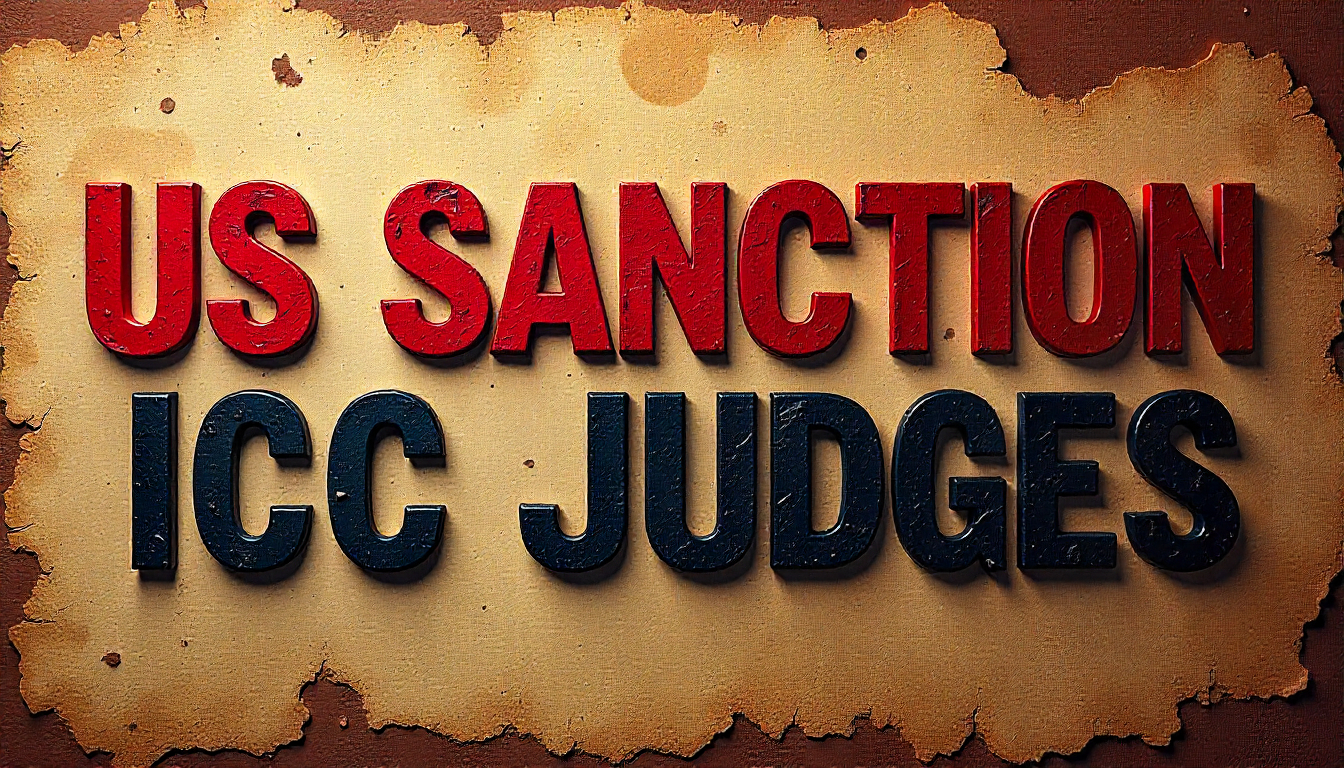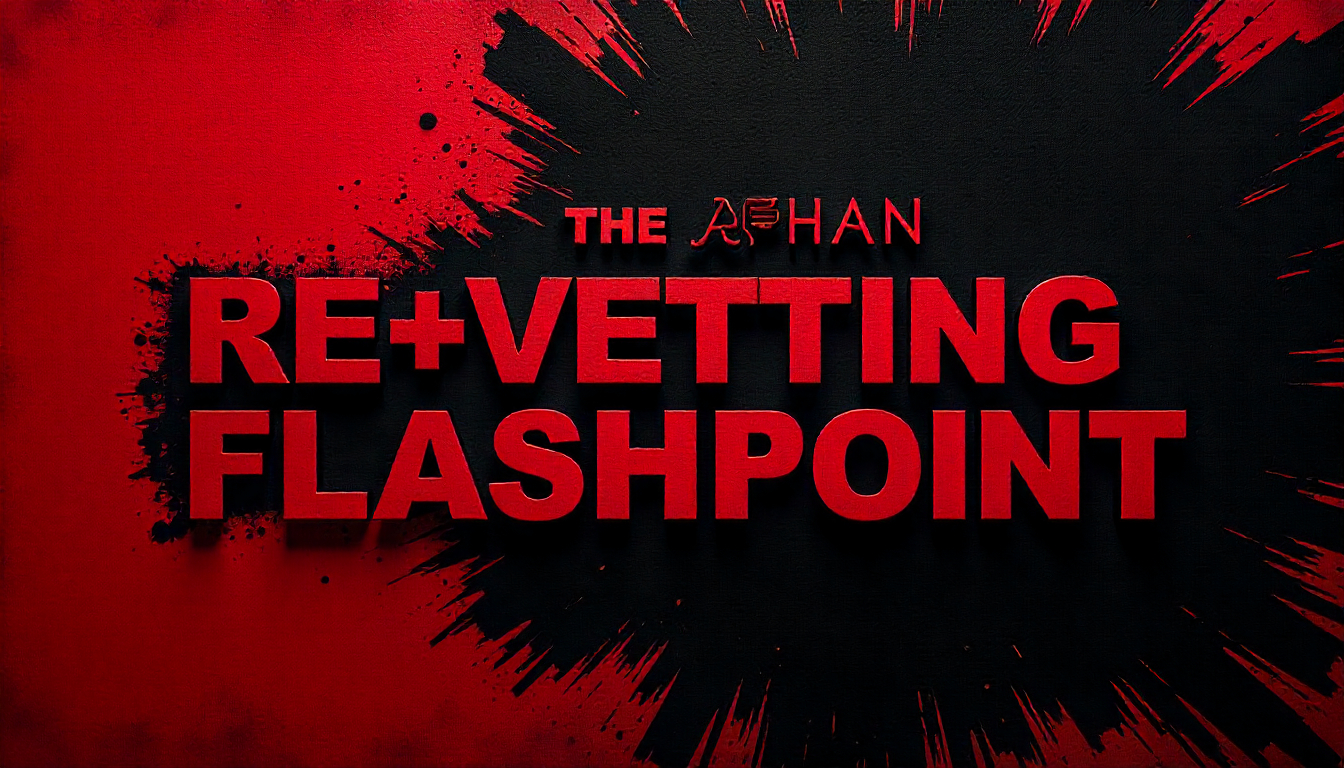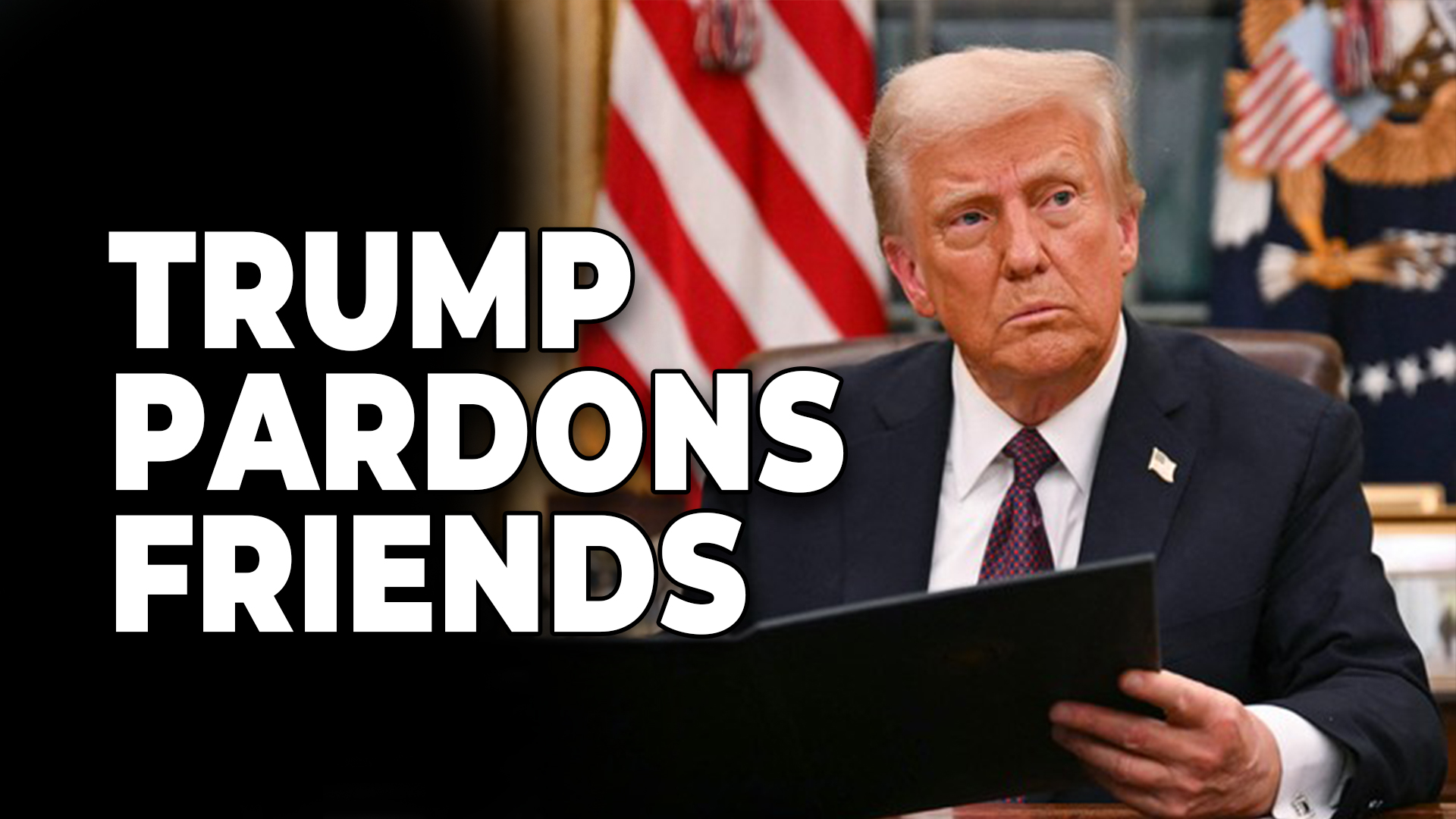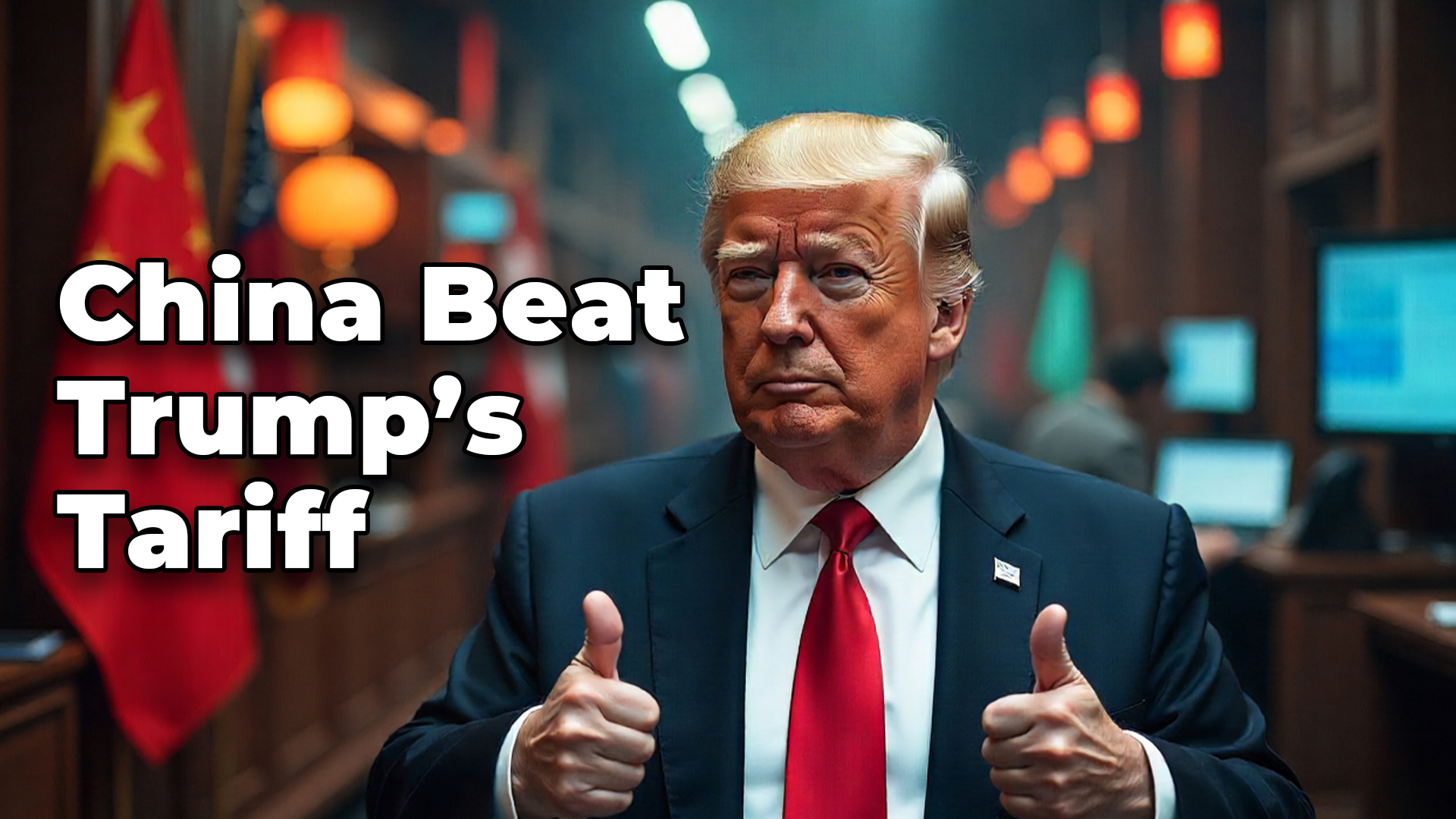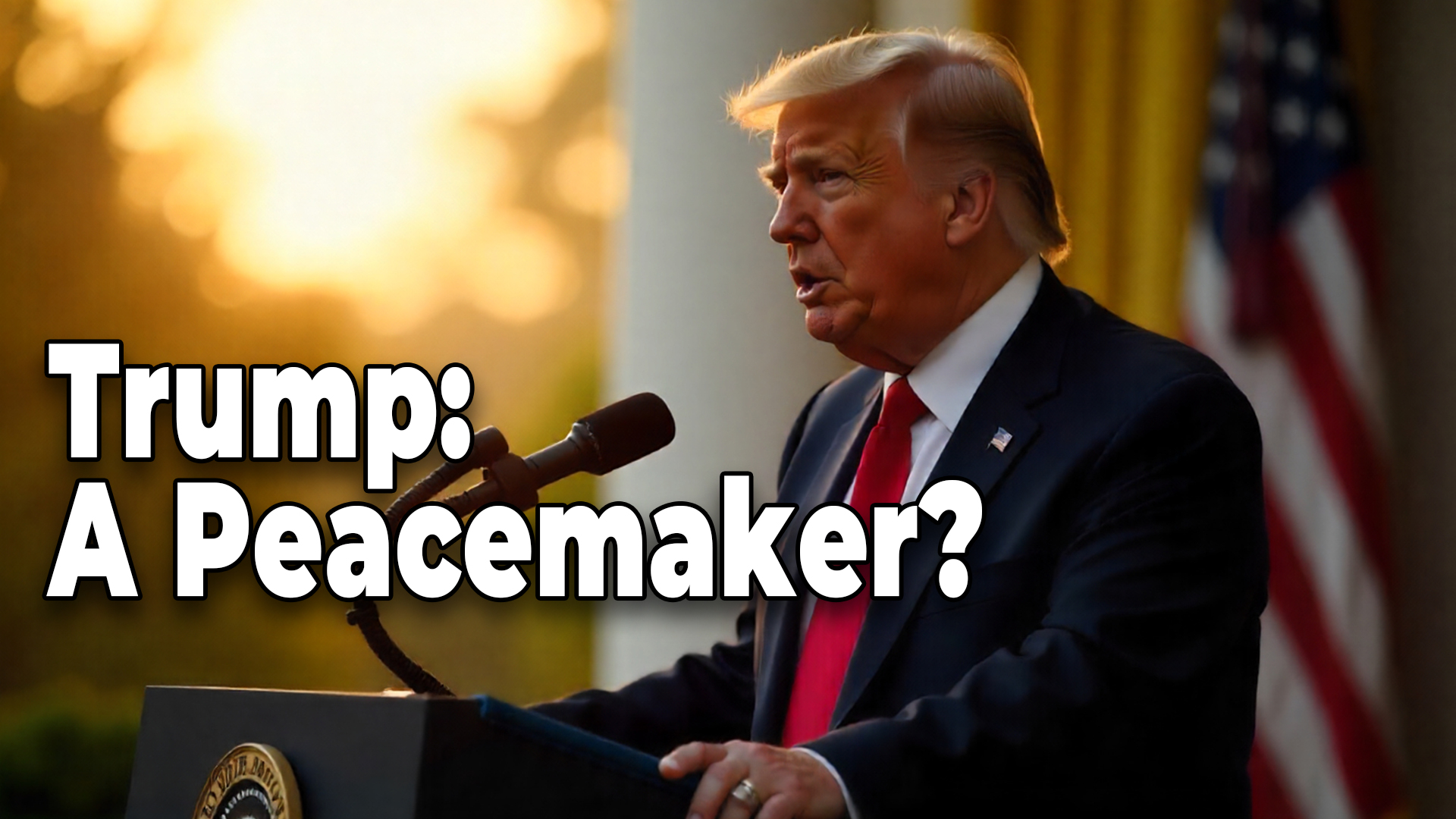On 20 August 2025, the United States government announced a new set of sanctions targeting four International Criminal Court (ICC) officials. The designations — issued by the U.S. Treasury’s Office of Foreign Assets Control (OFAC) and supported by a State Department statement — name two judges and two deputy prosecutors involved in ICC actions that touched on U.S. or Israeli nationals. The move intensified a long-running standoff between Washington and the court in The Hague and provoked sharp reactions across Europe and the human-rights community.
Trump’s Pardon Power Play: When Justice Becomes Politics
What happened — the essentials
According to the U.S. announcements, the sanctions were aimed at ICC personnel whom Washington says have “directly engaged” in efforts to investigate, arrest, detain, or prosecute U.S. or Israeli nationals without consent from those states. Reuters listed the officials named in the designations as Nicolas Yann Guillou (France), Kimberly Prost (Canada), Nazhat Shameem Khan (Fiji), and Mame Mandiaye Niang (Senegal). The measures include asset freezes and travel bans tied to the U.S. financial system.
These sanctions come in the context of ICC investigations and arrest warrants related to the Gaza war, including warrants issued in late 2024 for Israeli Prime Minister Benjamin Netanyahu and former Defense Minister Yoav Gallant. The ICC’s efforts to investigate alleged war crimes by Israeli officials — alongside probes of Hamas — have been deeply controversial and sparked diplomatic pushback from countries allied with Israel.
The U.S. case: sovereignty, selectivity, and deterrence
U.S. officials framed the sanctions as a defensive move to protect national sovereignty and personnel from what they describe as an overreaching, politicized international court. The State Department argued the court’s actions threaten U.S. and allied interests by asserting jurisdiction over non-consenting states and individuals. The Trump administration framed the step as necessary to deter future ICC action against Americans or partners. The OFAC press release described the measures as designed to counter an “ongoing threat” posed by the court’s activity.
Supporters of the sanctions point to long-standing critiques of the ICC: historically, the court’s docket has focused heavily on African situations, which critics say created perceptions of selectivity and bias. From this vantage, Washington’s actions are presented as pushing back against what some in the U.S. see as an institution that occasionally exceeds its mandate and disrupts sovereign conduct in war and security operations. Reuters and other outlets reported Washington’s concerns that the court might expand its reach toward U.S. personnel or allies.
The counter-argument: weaponizing finance against justice
The ICC and many of its supporters see the U.S. move as a punitive, coercive tactic that undermines judicial independence and international accountability. The court’s statement condemned the designations and warned they would impede its work on atrocity investigations and protections for victims. Human-rights groups, UN experts, and several European governments argued the sanctions imperil the rule of law by transforming financial and travel controls into tools of political pressure.
Critics say that by freezing assets and restricting travel, the U.S. effectively chills the court’s ability to function: staff and judges may face banking and logistical problems, cooperation from third states could wane, and witnesses or counsel might be deterred. European Union officials reiterated their support for the ICC and raised concerns about the long-term consequences for international justice. The sanctions also risk signaling to authoritarian rulers that powerful states can immunize allies — and punish inquisitors — with economic tools.

UN Photo/Loey Felipe | General Assembly President Annalena Baerbock chairs the meeting on the report of the International Criminal Court.
How this fits into a broader pattern
This is not Washington’s first confrontation with the ICC. Previous actions — including sanctions in 2018 against then-Prosecutor Fatou Bensouda during the Afghanistan inquiry — showed a pattern of U.S. resistance to ICC probes involving American personnel or allies. The 2025 measures represent a renewed hard line under the current administration, which has stressed a tranche of “America First” priorities and robust defense of allied sovereignty. Reuters and policy outlets have underscored that these steps mark a more aggressive stance than seen in the immediate previous U.S. administrations.
Real-world effects and practical problems
The human and institutional consequences are tangible. Reports and interviews with designated officials and colleagues describe banking freezes, cancelled travel bookings, and compliance headaches that interrupt normal court business. Those practical disruptions not only affect the named individuals but ripple outward wherever the U.S. dollar and U.S. financial rules exercise leverage. Observers note that OFAC’s reach — via banks, payment processors, and travel systems — can make life difficult for a sanctioned official even when the target has no U.S. assets.
A linked concern is reciprocity. If a global power weaponizes sanctions against international judges, other states may follow suit when supranational bodies touch their interests. That could accelerate a fragmentation of international legal norms at a time when collective mechanisms for investigating mass atrocities are already under strain.
Politics, public opinion, and the normative tug-of-war
Public and political responses are sharply divided. In the U.S., conservative policymakers and some pro-Israel advocates applaud the action as a necessary defense, while many rights groups, legal scholars, and European partners view it as undermining accountability. The EU’s public defense of the ICC suggests a transatlantic rift that complicates cooperative law-enforcement and diplomatic coordination. The debate raises foundational questions: should the international community accept limits on prosecuting atrocity crimes in order to preserve sovereign immunity claims, or must institutions like the ICC be protected from coercive countermeasures to hold all parties to account?
What happens next?
The immediate outlook is a tense standoff. The ICC insists it will continue its work; European and other partners have voiced support; and Washington signals it will not hesitate to expand or renew measures if it deems the court’s actions to threaten U.S. interests. Meanwhile, the sanctioned judges and prosecutors have pushed back publicly and through legal and diplomatic channels, but practical difficulties — frozen banking relationships, travel complications, and reduced cooperation — will likely hamper aspects of the court’s operational capacity in the near term.
Conclusion: shield or sword?
There are defensible arguments on both sides. The U.S. case rests on legitimate concerns about jurisdictional overreach and the protection of its citizens and allies. But using financial sanctions against judges and prosecutors sets a fraught precedent: it converts international justice disputes into episodes of coercive diplomacy where financial pressure replaces legal debate and multilateral process.
If the goal is durable accountability for atrocity crimes, bulldozing judicial processes with unilateral coercion risks long-term harm to the very norms the sanctions’ proponents claim to defend. Conversely, if the ICC is drifting beyond its mandate, the international community needs clearer, multilateral mechanisms — not ad hoc financial reprisals — to address those concerns.
The sanctions forced many governments and legal authorities to choose between defending judicial independence and defending sovereign prerogatives. That choice is likely to define the next decade of international justice: will states rebuild cooperative safeguards to ensure impartial accountability, or will geopolitics permanently constrain the scope of transnational law? The answer will shape whether justice remains a universal aspiration or becomes another arena for raw power politics.

